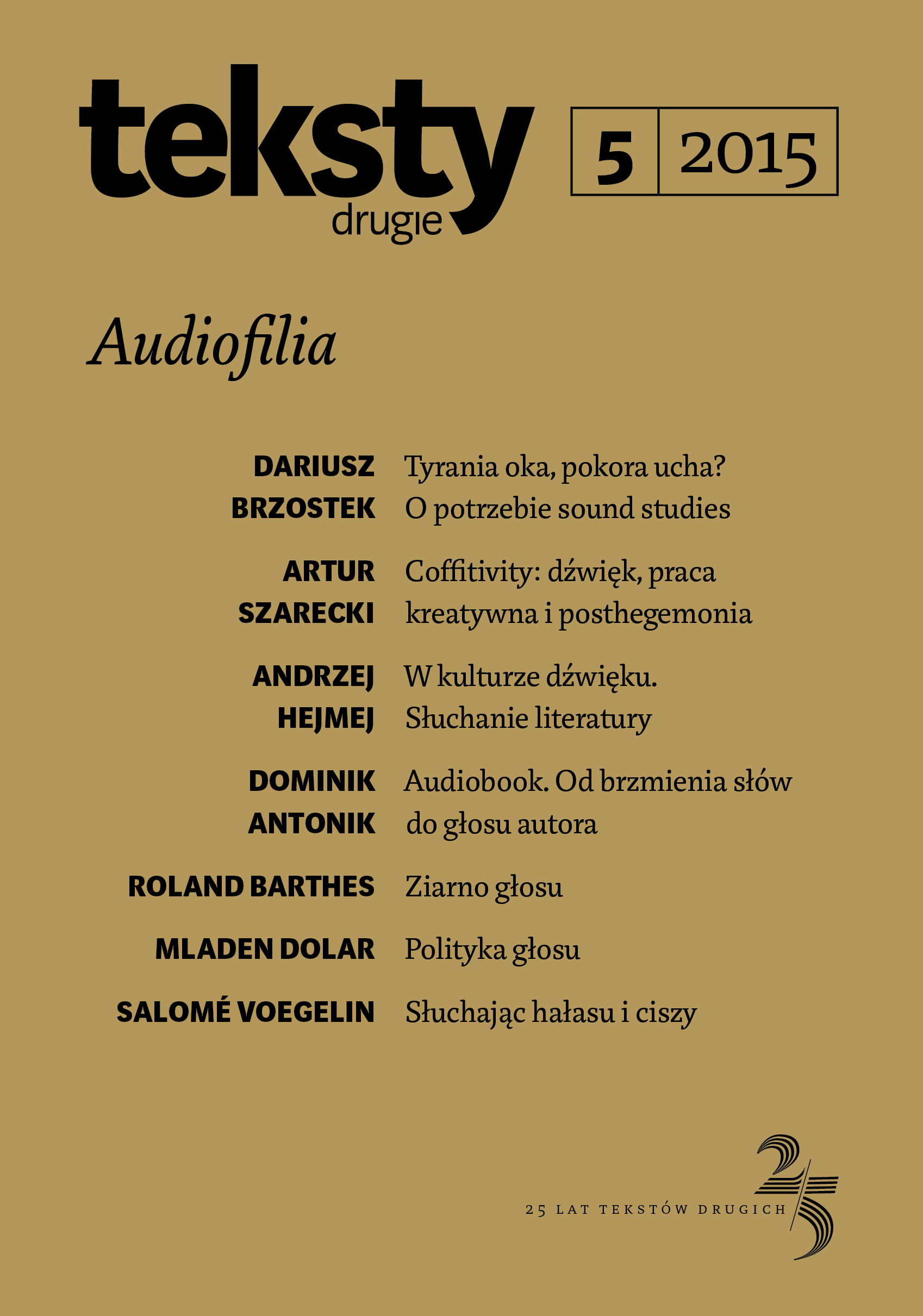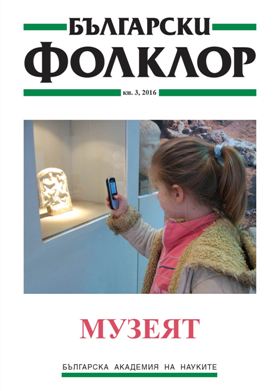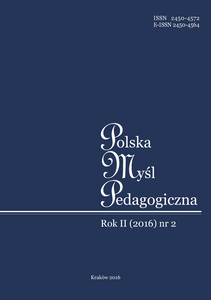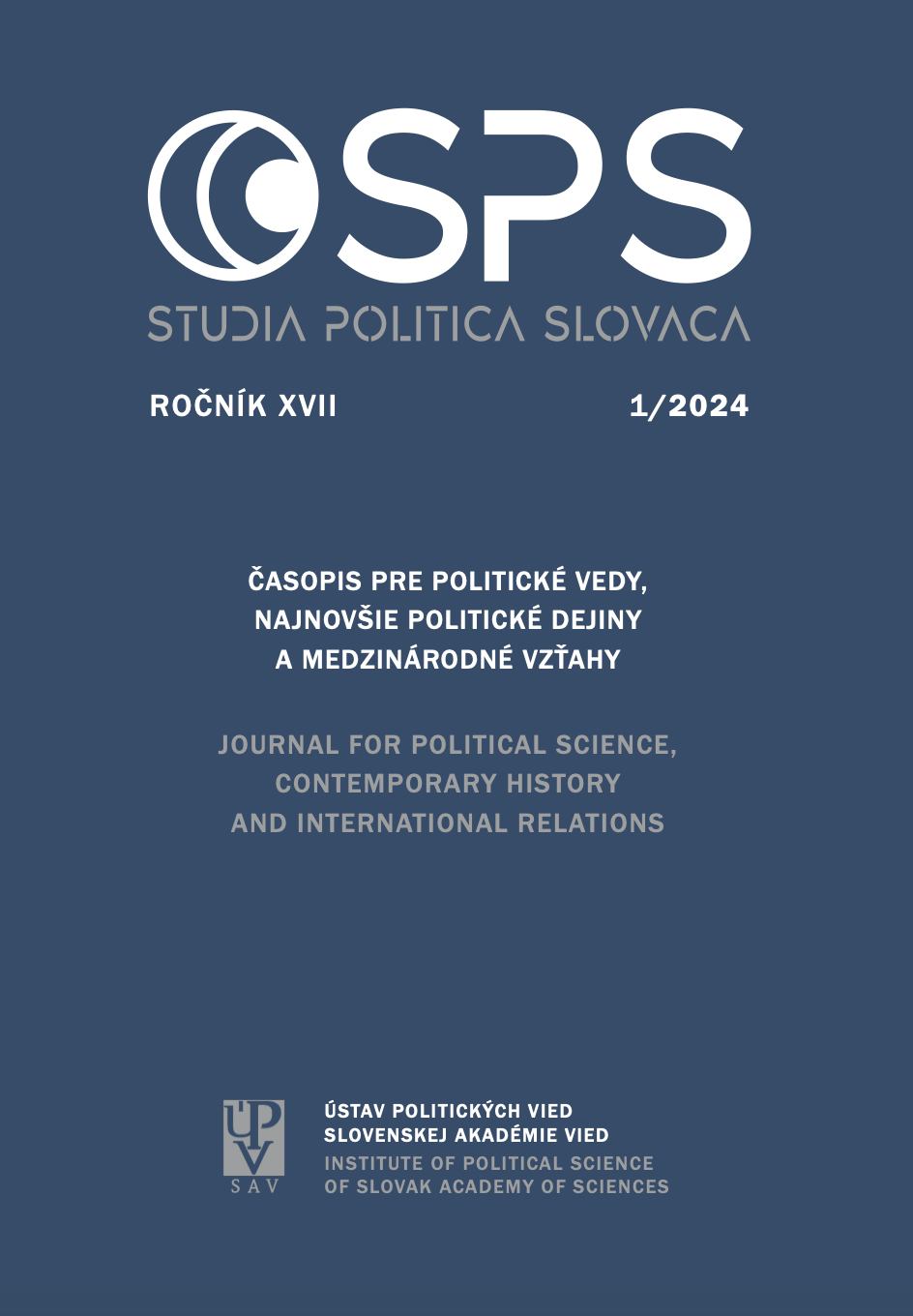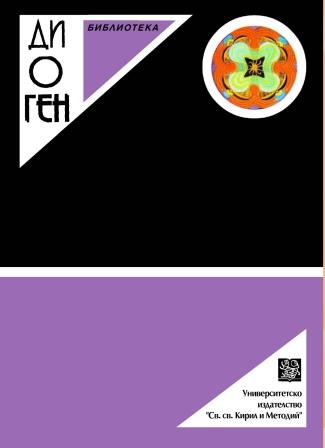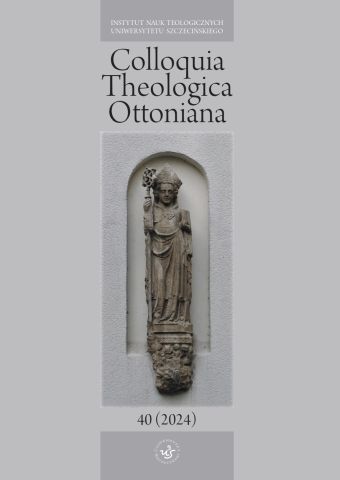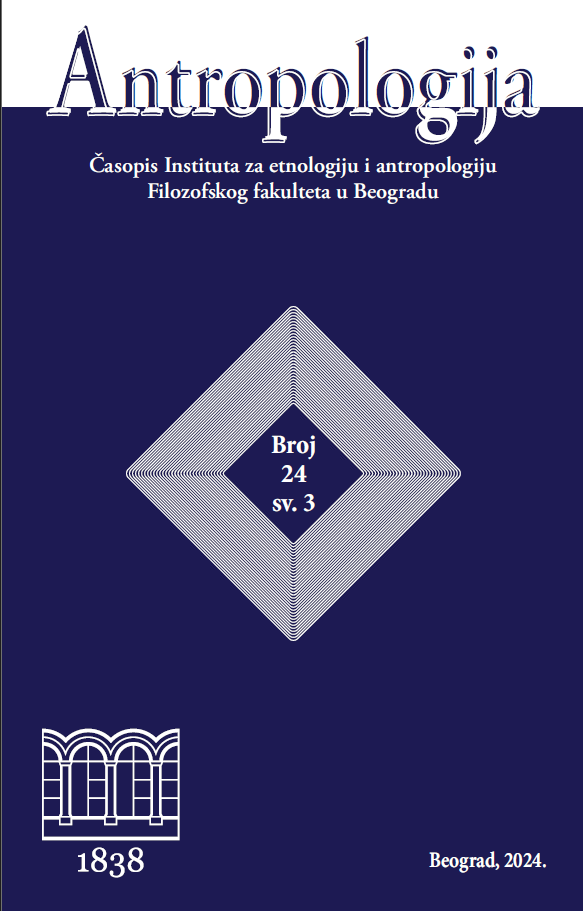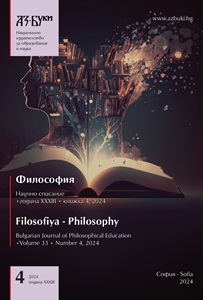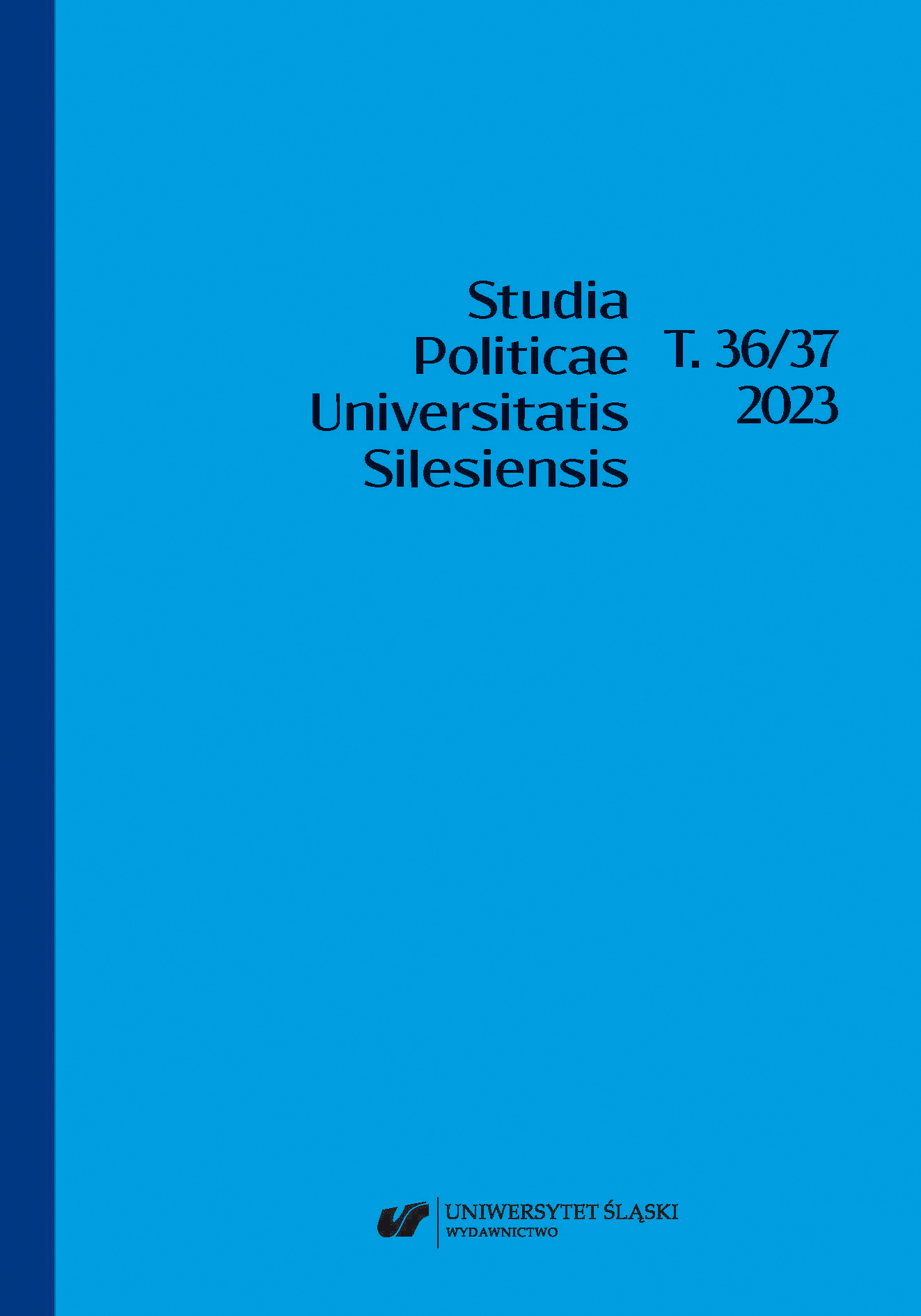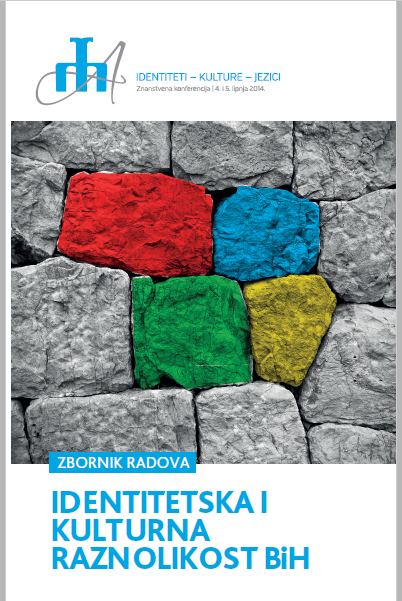
KULTURNO-IDENTITETSKE ODREDNICE BOSANSKOHERCEGOVAČKOG DRUŠTVENOG KONTEKSTA
The paper deals with an important theme of national and religious relations in Bosnia and Herzegovina and the processes of religious nationalization and politicizing in current globalization processes. This paper focuses on the understanding of national ideology, which interprets the world according to its ethnicity and the process of politicizing religions and religionization of politics. Referring to the American sociologist Manuel Castells, the paper warns that new global networks “empower former social patterns”, which are related to national and religious content. In the paper we start from the thesis that finding new models for social communication in the society of Bosnia and Herzegovina cannot be an attempt of a new establishment of life and country monitoring, in both the nationalist ideology and in the ideology of consumer´s culture, life styles, and hybrid-transnational cultures that change identities. We have found in the works of one of the most significant sociologists of religion in the South-Slavic area Esad Ćimić the encouragement for the cultural and identity determinants of the relations between the national and the religious in the social context of Bosnia and Herzegovina.At the same time, this paper affirms the human dimension of openness between the relation of the national and religious in Bosnia and Herzegovina, developing a basic level of civilisation which is capable of accepting, justifying and managing the standpoints that are adopted as part of the spiritual, intellectual and moral heritage. This heritage is more spiritual, free and less caused by the ideological concept of a contemporary society. The heritage of Bosnian and Herzegovinian society as a living part of history, the bridge between the present and the future is a sign of a social and spiritual continuity. Without it, we would be stuck in a situation that could have negative consequences on human life concerning contemporary modern ideologies.
More...
